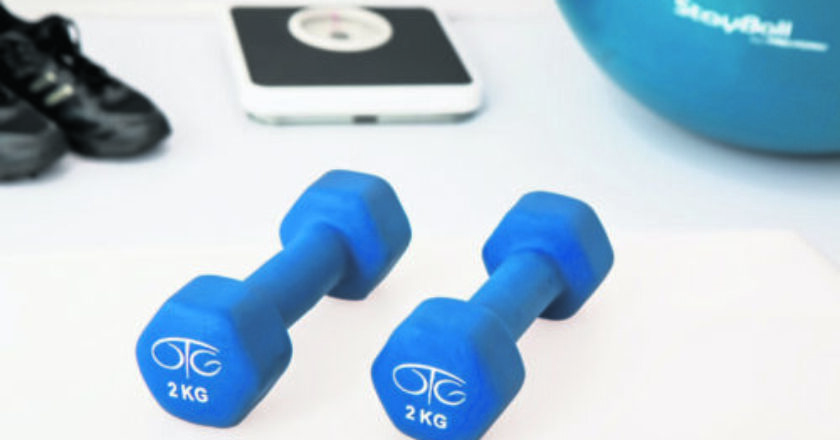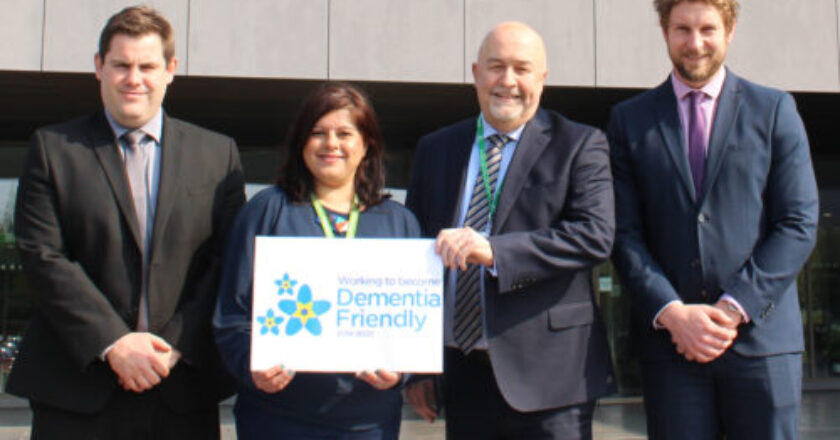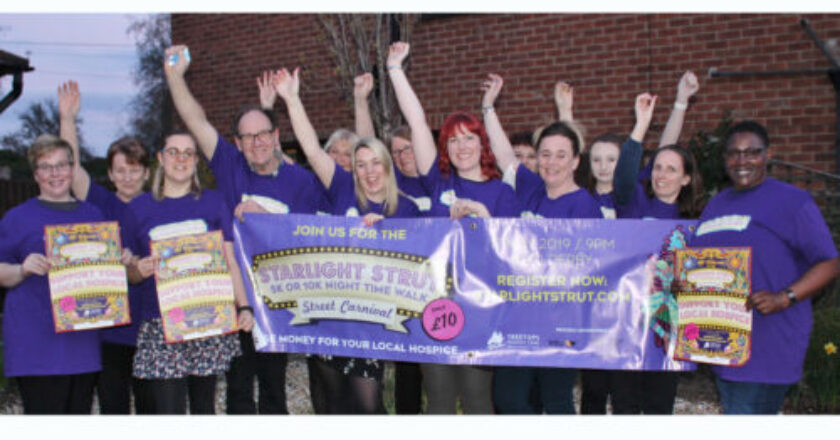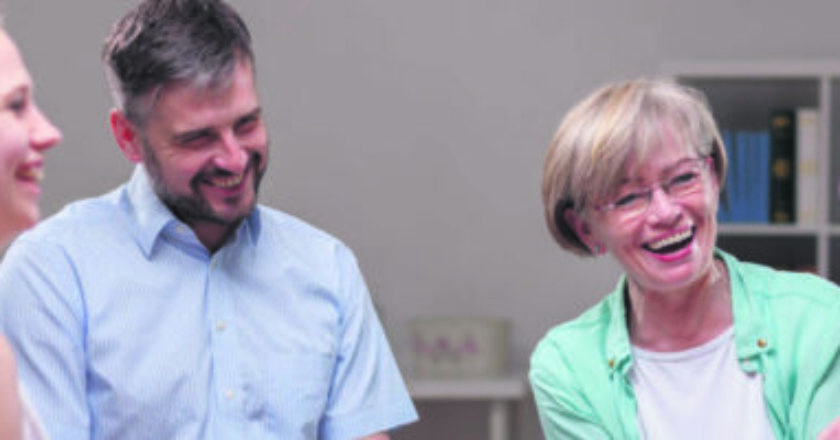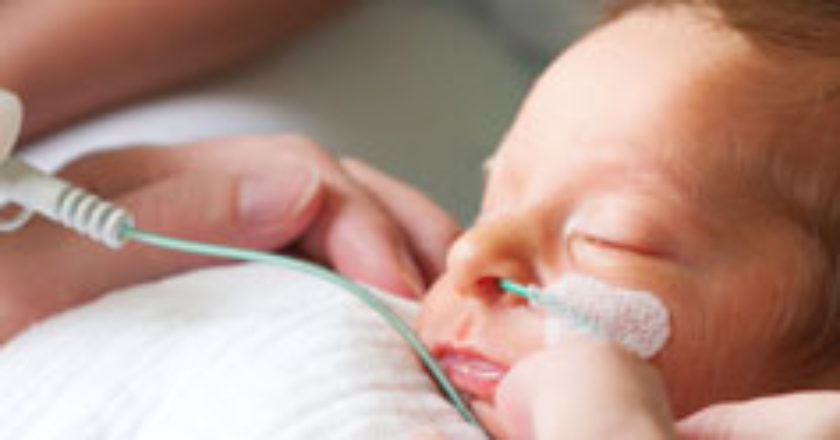Let’s face it: there is a huge amount of information online about how to shed the pounds and get in shape. Wading into this endless stream of advice can be both confusing and overwhelming. And, when you take into account the new fads that seemingly pop up every day, the situation only becomes more dire.
After all, who can keep up with all the raw food plans, prepackaged menus, and liquid cleanses that are constantly promoted in our social feeds?
The main problem with these very restrictive diets is that they only lead to short-term weight loss at best. That’s because most people cannot maintain them consistently and end up giving up after a couple of weeks. Losing 10 pounds a week on a fad diet may seem tempting, but it often results in unhealthy and unsustainable weight loss.
The real secret to healthy and successful weight loss is to adopt a lifestyle that you can maintain for the long run. This involves changing your diet, following a regular workout schedule, and taking the right supplements for your body’s needs. With that in mind, here are 5 other tips to help you achieve your weight and fitness goals:
Eat Better at Breakfast
While all meals are important, breakfast is the most crucial one of all. That’s because it helps you start your days on the right track. A hearty, healthy breakfast will fill you up and give you optimal satisfaction for longer periods of time. Your goal should be to eat between 400 to 500 calories at breakfast. Build a meal that includes lean proteins (nuts or eggs), fibers (fruits or vegetables), and whole grains.
Say Goodbye to Added Sugar
The main reason for most lifestyle diseases such as obesity, diabetes, and heart disease is added sugars – especially from sugary beverages and soft drinks. Processed foods in general contain a lot of added sugars and do not provide any of the nutrients your body needs to stay healthy. Instead, jump on Nutribullet bandwagon and replace sugary drinks with healthier, green smoothie options. For most people, the fastest way to lose excess weight is simply by cutting out foods that are high in added sugars from their diet. Keep in mind that many “organic” or “healthy” foods can also have very high sugar content, so reading labels should be a regular part of your shopping process.
Start Lifting Weights
While changing your diet can help you lose a lot of weight fast, nothing beats keeping your body fit with regular exercise. Your best option is to visit the gym at least three or four times a week, doing some warm up, and lifting some weights.
This form of exercise is ideal because it helps you burn off a lot of calories. It also keeps your metabolism from slowing down – a typical side effect of weight loss. You can also speed this process up with a fat burning supplement such as the range available at www.myelitehealth.co.uk.
If lifting weights isn’t your cup of tea, then look for workout plans such as the massively popular Joe Wicks workout to get you moving in the comfort of your own home.
Cook More
Did you know that research shows that cooking more meals at home can promote healthy eating and weight loss? Eating out is fun, but it should not be your daily go-to. Instead, save the restaurants for special occasions and start eating more home-cooked meals.
This is a great way of sticking to your healthy diet plan and keeping your weight in check.

